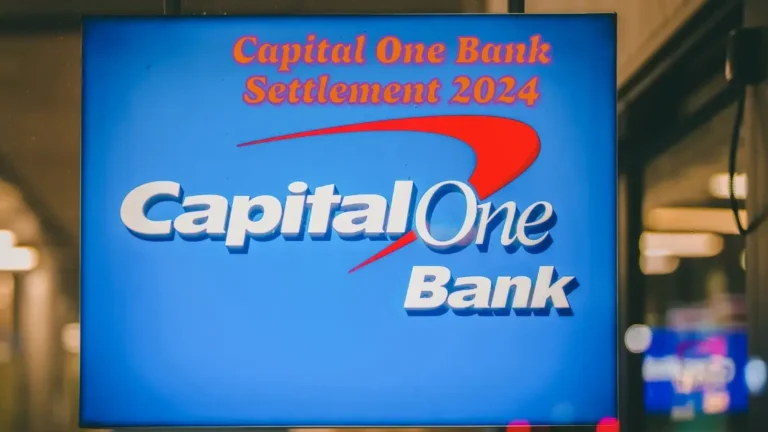
5 Easy Ways to Avoid Credit Card Debt
Credit cards offer convenience, flexibility, and purchasing power, but they also come with the risk of accumulating debt if not used responsibly. With high-interest rates and tempting rewards, it’s easy for credit card spending to spiral out of control, leading to financial stress and burden. However, by adopting smart strategies and practicing disciplined financial habits, you can avoid falling into the trap of credit card debt. In this article, we’ll explore five easy ways to manage your credit card usage effectively and maintain financial wellness.
1. Create and Stick to a Budget:
One of the most effective ways to avoid credit card debt is to create a comprehensive budget that outlines your income, expenses, and financial goals. Start by tracking your monthly income from all sources, including salary, bonuses, and other sources of revenue. Next, list all your fixed expenses, such as rent or mortgage payments, utilities, groceries, and transportation costs. Finally, allocate a portion of your income towards savings goals, such as an emergency fund, retirement savings, or other financial objectives.
Once you have a clear understanding of your income and expenses, create spending categories for discretionary expenses, such as dining out, entertainment, and shopping. Set realistic spending limits for each category based on your budget and financial priorities. By sticking to your budget and tracking your spending closely, you can avoid overspending on your credit card and ensure that you’re living within your means.
2. Pay Your Balance in Full Each Month:
One of the most effective ways to avoid credit card debt is to pay your balance in full each month. By paying off your balance before the due date, you can avoid accruing interest charges and maintain control over your credit card spending. Make it a habit to review your credit card statement regularly and pay the full balance by the due date to avoid interest charges.
If you’re unable to pay your balance in full, aim to pay more than the minimum payment to reduce your balance and minimize interest charges. Consider using the snowball or avalanche method to prioritize paying off high-interest debt first, then focus on paying off other balances systematically. By making consistent, on-time payments and avoiding carrying a balance, you can keep your credit card debt in check and maintain a healthy credit score.
3. Use Credit Cards Wisely:
Credit cards offer numerous benefits, including rewards points, cash back, and purchase protection. However, it’s essential to use credit cards wisely and avoid overspending to maximize their benefits while minimizing the risk of debt. Here are some tips for using credit cards responsibly:
Stick to a few credit cards: Limit the number of credit cards you have to avoid temptation and simplify your finances.
Choose cards with low-interest rates and no annual fees: Look for credit cards with competitive interest rates and minimal fees to save money on interest charges and avoid unnecessary costs.
Pay attention to rewards and benefits: Take advantage of rewards programs and perks offered by your credit cards, but don’t let them tempt you into overspending.
Avoid cash advances: Cash advances often come with high fees and interest rates, making them an expensive way to borrow money. Instead, use your credit card for purchases and pay your balance in full each month to avoid interest charges.
4. Build an Emergency Fund:
Building an emergency fund is essential for protecting yourself against unexpected expenses and financial emergencies. Aim to save three to six months’ worth of living expenses in an easily accessible savings account to cover unexpected costs such as medical bills, car repairs, or job loss. Having an emergency fund can provide peace of mind and reduce the need to rely on credit cards in times of financial stress.
To build your emergency fund, set aside a portion of your income each month and automate your savings contributions to ensure consistency. Cut back on discretionary expenses and look for opportunities to increase your income, such as freelancing or part-time work. By prioritizing savings and building an emergency fund, you can avoid the need to rely on credit cards for unexpected expenses and maintain financial stability.
5. Monitor Your Credit Score and Report:
Regularly monitoring your credit score and report can help you stay informed about your financial health and identify any potential issues or inaccuracies. Request a free copy of your credit report from each of the three major credit bureaus (Equifax, Experian, and TransUnion) annually and review it for errors or discrepancies. Dispute any inaccuracies you find and follow up to ensure they’re corrected promptly.
In addition to monitoring your credit report, keep an eye on your credit score using free credit monitoring services or credit card issuers’ online platforms. Your credit score provides a snapshot of your creditworthiness and can impact your ability to qualify for loans, credit cards, and other financial products. By maintaining a good credit score and monitoring your credit report regularly, you can identify any potential issues early and take steps to address them before they escalate into larger problems.
Conclusion:
Avoiding credit card debt requires discipline, planning, and smart financial habits. By creating a budget, paying your balance in full each month, using credit cards wisely, building an emergency fund, and monitoring your credit score and report, you can take control of your finances and avoid the pitfalls of credit card debt. With careful planning and responsible financial management, you can achieve financial wellness and peace of mind for the future.



